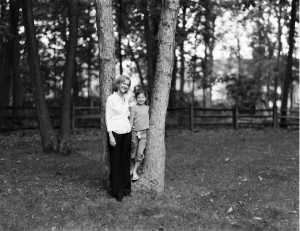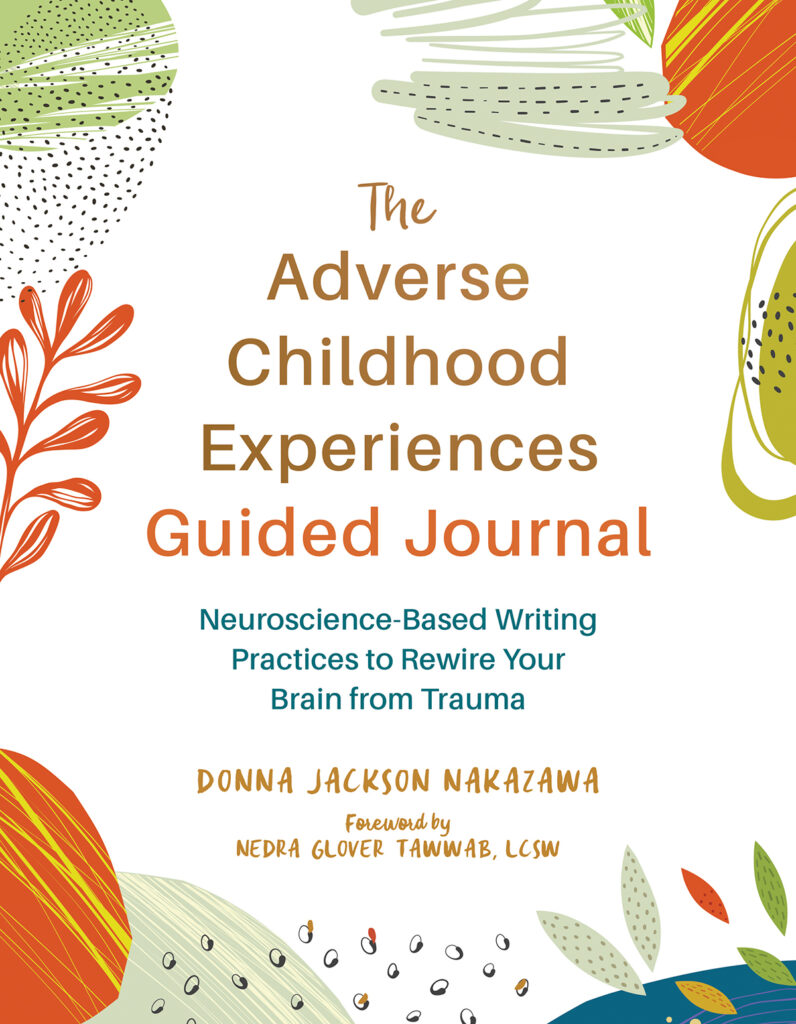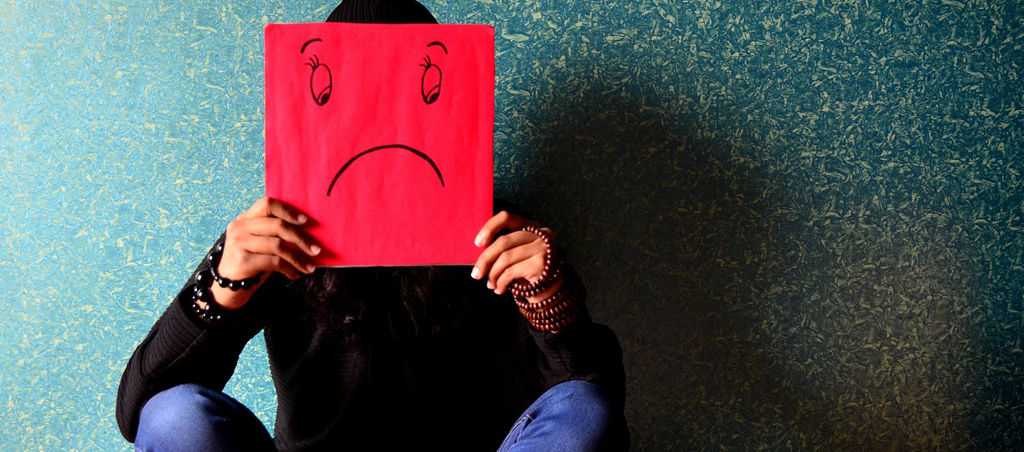
Today I had an unexpected conversation with a lovely woman, whom I’ll call K, who trims my hair. It began when I walked into the salon and the sweet receptionist, whom I’ll call A, surprised me by having a copy of THE LAST BEST CURE in her hand so I could sign it (her mom had bought three copies, and given one to each of her daughters, so sweet). As I signed, K said to me, “I really need this book right now...”
K told me she couldn’t stop thinking about a recent health-related decision she’d made and “how unhappy” she was about what had transpired afterwards in her body and in her life. I won’t tell you her story but it was very moving. She got a little teary as she said, “I just can’t stop the thoughts from coming. It’s so painful, I just want to get away from thinking about it all the time.”
I told her about a time in my life, when my kids were little, babies really, and we were moving to Japan. My husband, Zen, was already overseas, and my daughter, Claire, was two months old. As I packed up the house and went through the enormous stress of moving little ones to the Far East, I developed mastitis. I couldn’t breast feed because of the medications I was on, and then — my breast milk dwindled. My daughter turned out to be allergic to every formula and developed reflux.
I spent much of our time in Japan taking her to doctors who said very obscure Japanese things like “she doesn’t like the wind this time of year.” I finally flew her home to our beloved pediatrician, who diagnosed her with allergic reflux and slowly, over time, we set everything right again. But here’s the point of my story. During those months I couldn’t escape from my own mental, spinning tapes; this is all my fault, if I hadn’t gotten mastitis, if I’d been like other moms and I’d been able to keep breastfeeding, she would have been so healthy and wouldn’t have developed allergies… or had painful reflux ..or had to endure hospital visits…or take reflux meds, and if I hadn’t…”
I could not shut those tapes off. My ruminating thoughts became my constant companion. I just kept churning, over and over in my mind, how one bad thing had led to another and they all began with, as the vernacular would have it these days, my bad.
That’s how the brain works. We get brain locked. It’s hard to rescue ourselves from ourselves. And when we’re at our most vulnerable (worried over an important health outcome, not feeling well) it’s all the more difficult.
I told K this memory, this morning, as she cut my hair. And she teared up and I teared up, because it was a relief for her to feel that someone else understood how painful it is to be so deeply caught up in that place of ruminating self-lacerating. One more rendition of The Pain Channel.
We have all tuned in too often to The Pain Channel, for one reason or another in our lives. Maybe the regret and ill-will we felt were directed toward ourselves. Maybe they were directed toward someone else. If you’re reading THE LAST BEST CURE you know I have a lot to say about ruminating and regret and how to break that cycle.
I happened to have an extra copy of my book with me; I was planning to peruse what sections to read for my book readings, which begin tomorrow, and highlight passages while I sat under the dryer. Instead, I signed my copy and gave it to K.
I told K something else, too. A fascinating new study in the journal Science offers some very interesting insights about regret. It turns out that when we’re still quite young, regret can be an emotionally important tool. When we look back at our choices and reconsider them in retrospect it can be helpful to observe exactly how we might have made better decisions — because we still have our whole future ahead of us, to apply any lessons we’ve learned.
But as we mature, research tells us that we have to begin to let go of our regret about any missed opportunities or mistakes we’ve made. We can’t go back in a time machine and change the way things happened. The likelihood of second chances gets smaller as we get older, and the benefit of ruminating over what went wrong or why it happened — or even how we felt about it — disappears.
This is more important than it might at first sound. It turns out that there is a brain region called the ventral striatum, which is involved in feeling regret, and an area known as the anterior cingulate cortex, which is associated with emotion regulation. Studies show that older adults who have a lot of activity in the regret area of the brain also have less ability to manage low mood and feelings of depression.
On the other hand, healthy older adults, those who feel better about their lives, show a different brain-activity pattern, suggesting that they experience less regret. They are, in turn, much better able to regulate their emotions. Researchers propose that healthy older adults may use helpful mental strategies to keep from ruminating, whereas depressed older adults may blame themselves for the outcome and hyper-fixate on what went wrong and why and how…
Avoiding getting caught up in ruminating about the past helps to preserve emotional health, mood, and feelings of well-being as we age. It can take discipline to stop the tapes and get off The Pain Channel and onto The Life Channel. But the steps to do so are simple, manifold and available to all.
I’m glad this morning, when I walked into my hair salon, that I had a copy of my book tucked under my arm. Because in those 277 pages I set down every science based approach I test drove for getting back on The Life Channel, especially in those moments when we, or someone we know, needs it most.
—-
“Don’t Look Back in Anger! Responsiveness to Missed Chances in Successful and Non-successful Aging,” by S. Brassen; M. Gamer; J. Peters; S. Gluth; C. Büchel at University Medical Center Hamburg-Eppendorf in Hamburg, Germany. Published online by the journal Science, at the Science Express website, on Thursday, 19 April. See http://www.sciencexpress.org.














